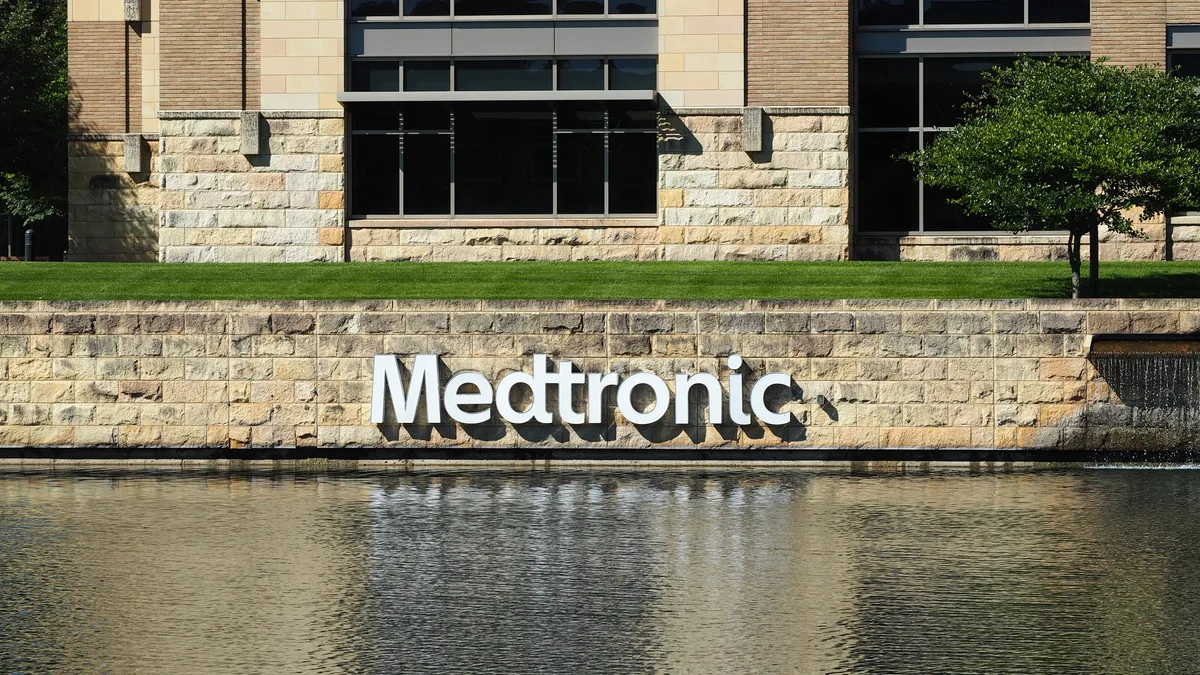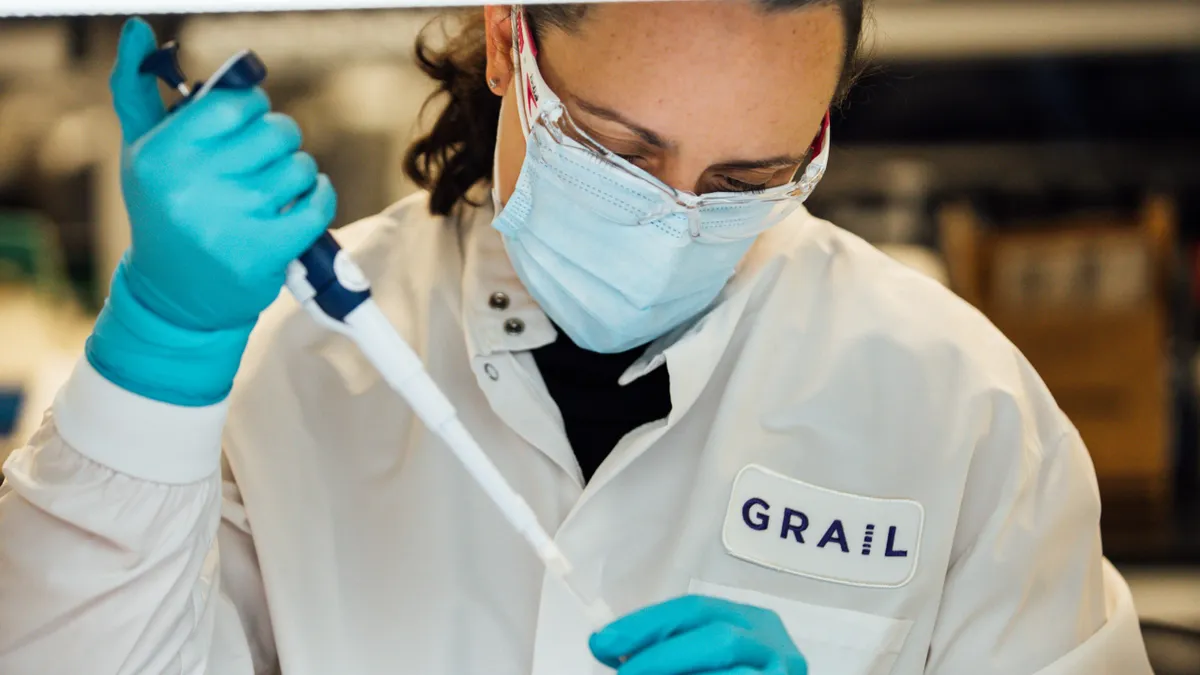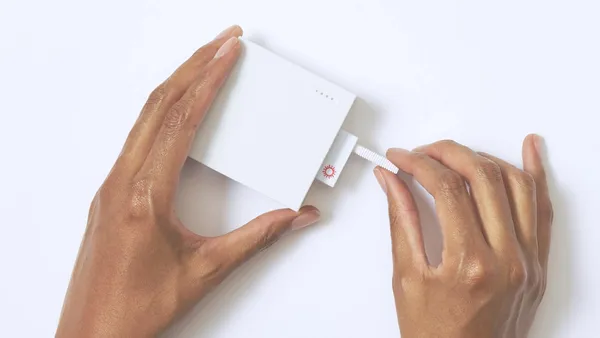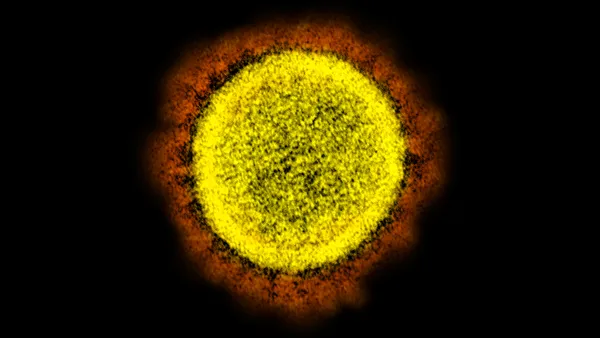Dive Brief:
-
Medtronic has won FDA approval for its Vanta implantable neurostimulator, positioning it to step up its effort to capture a bigger piece of the recharge-free market that includes Abbott Laboratories and Boston Scientific.
-
The battery of its spinal cord stimulator can last for up to 11 years, according to Medtronic, eliminating the need for patients to recharge their devices and limiting the need to replace products.
-
Medtronic's battery-life claim exceeds those made by Abbott and Boston Scientific, although the longevity of all of the devices is tied to factors such as the chosen settings.
Dive Insight:
The arrival of rechargeable SCS devices in the early 2000s was hailed as a way to reduce the number of pulse generator replacements and, despite higher upfront costs, save money over the longer term. However, the availability of longer-lasting recharge-free devices cut the need to replace devices while still offering patients the freedom from the need to periodically recharge their devices.
St. Jude Medical, now part of Abbott, won FDA approval for a recharge-free SCS system in 2015. The current version of the Proclaim system lasts up to 10 years at low-dose settings, according to Abbott. Boston Scientific's WaveWriter Alpha lasts approximately five years using nominal program settings.
Medtronic has a toehold in the non-rechargeable market with its PrimeAdvanced device but it has struggled to gain a significant share of the sector. Vanta is designed to make Medtronic a force in the recharge-free SCS market.
"This is a big opportunity for us to gain additional share in pain stim, given our low share in the recharge-free portion of the market," Medtronic CEO Geoffrey Martha said on a conference call with investors late last month.
According to Medtronic, Vanta is 20% smaller than the older PrimeAdvanced. Despite shrinking the technology, Medtronic is claiming a 10% increase in longevity. Vanta is connected to Medtronic's data platform to give physicians objective reporting of patient activity levels.
Success in the recharge-free market could support the upward trajectory of Medtronic's SCS unit. Medtronic reported 73% growth in its most recent quarter, albeit against the easy comparison of a pandemic-hit period of 2020, and said it continued "to outpace the competition in the calendar first quarter."
Abbott, Boston Scientific, Medtronic and specialist SCS rival Nevro are fighting for share in a market that has had a tough two years, with the pandemic-disrupted 2020 preceded by a period in which a lack of innovation was blamed for a slowdown in the sector.











